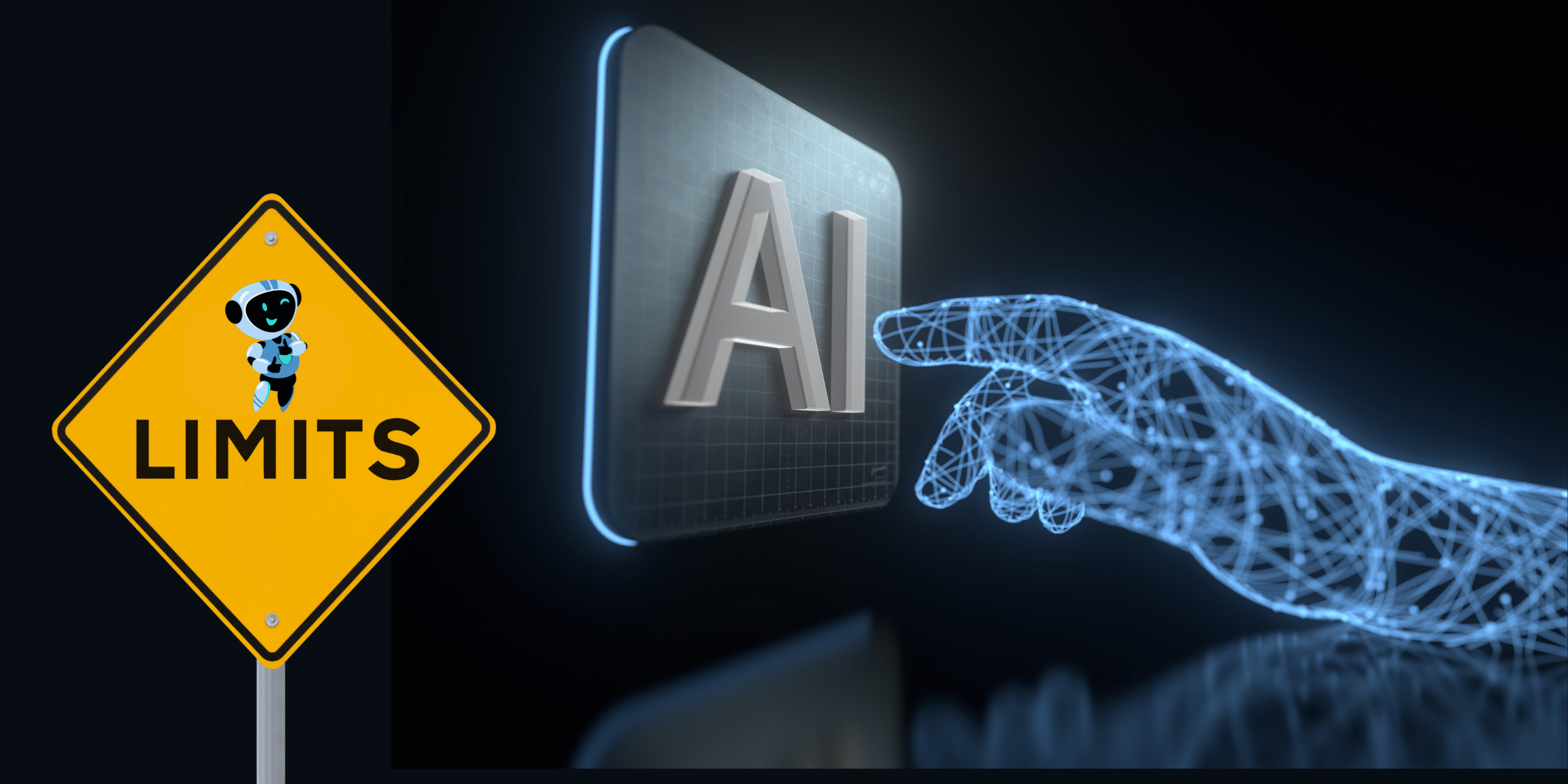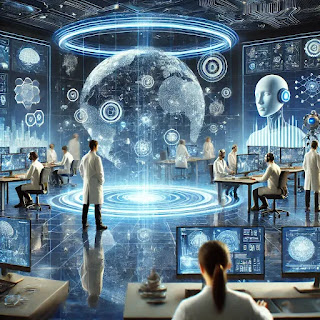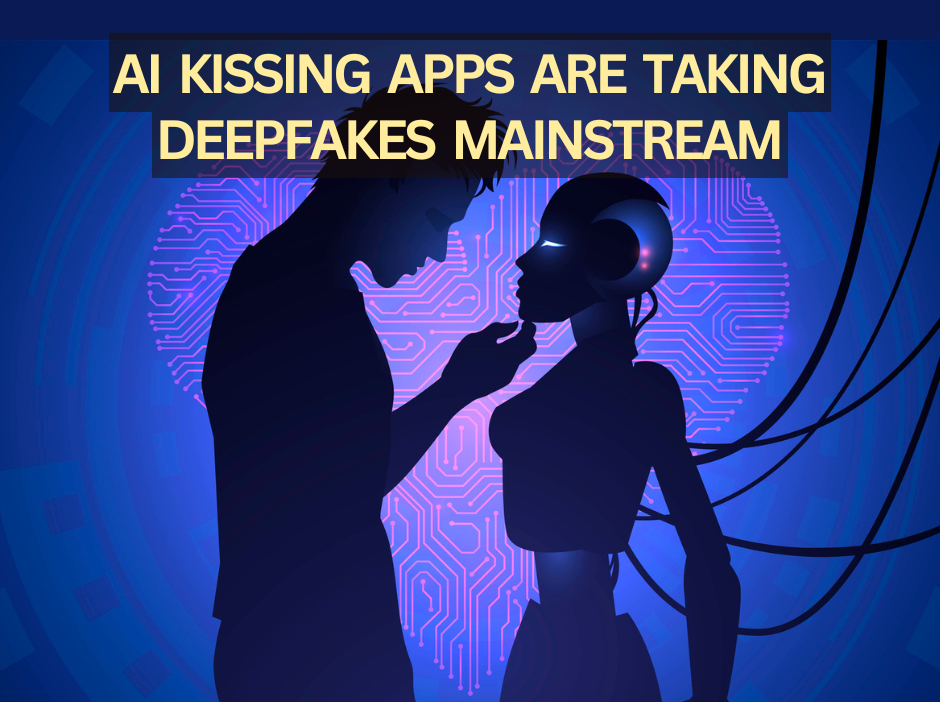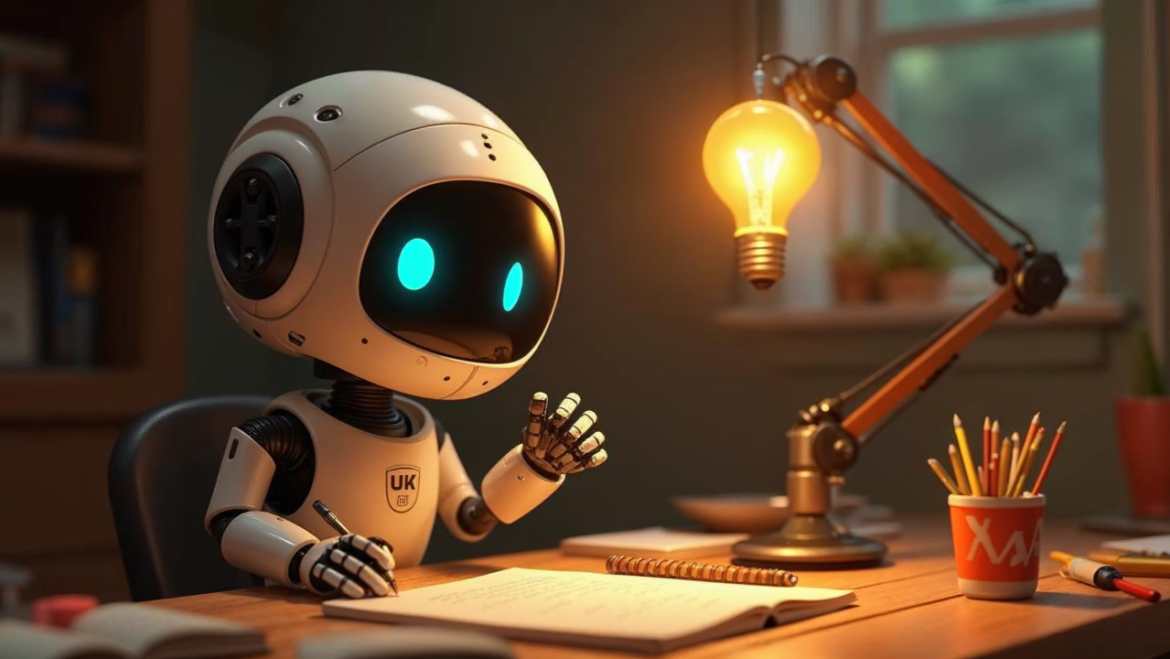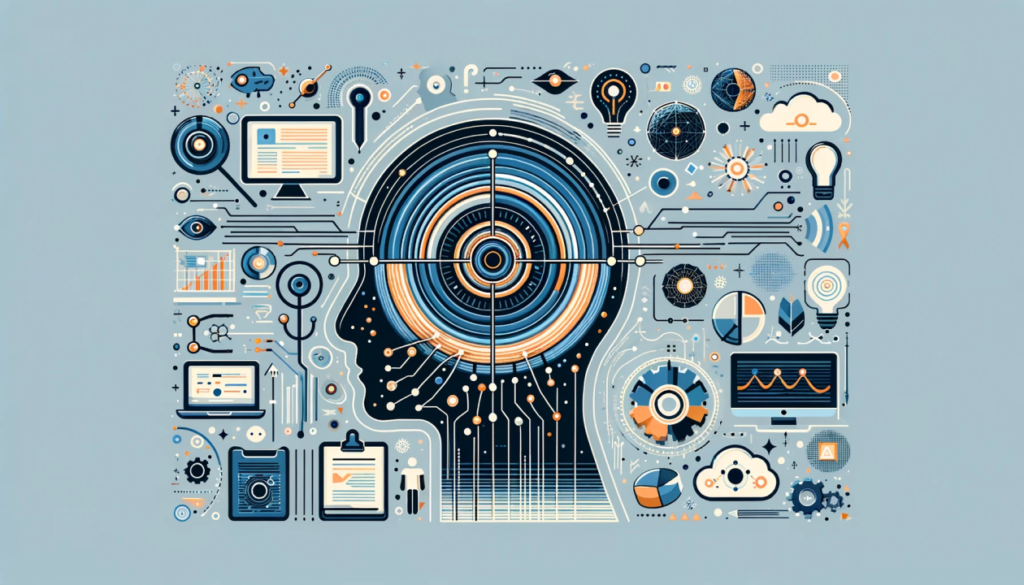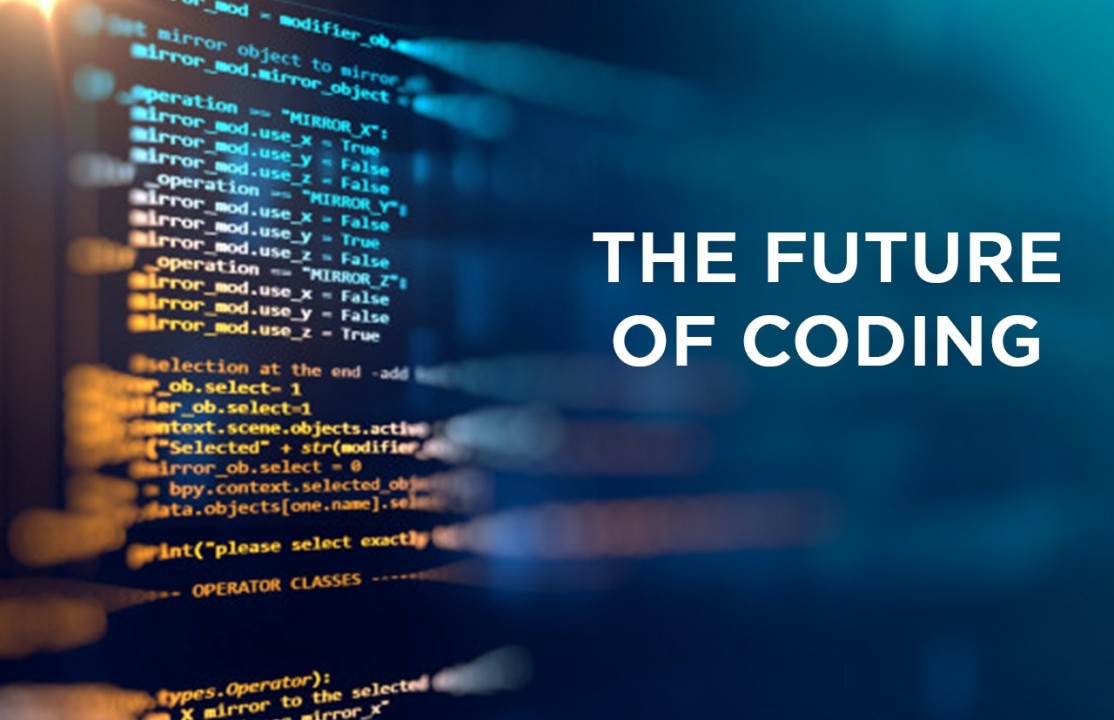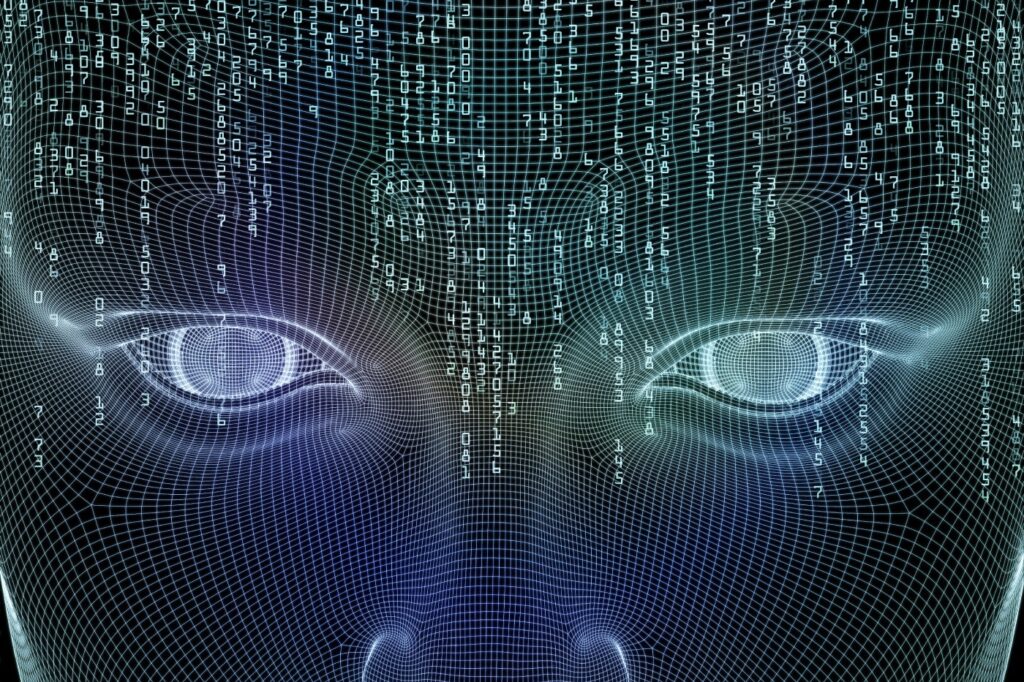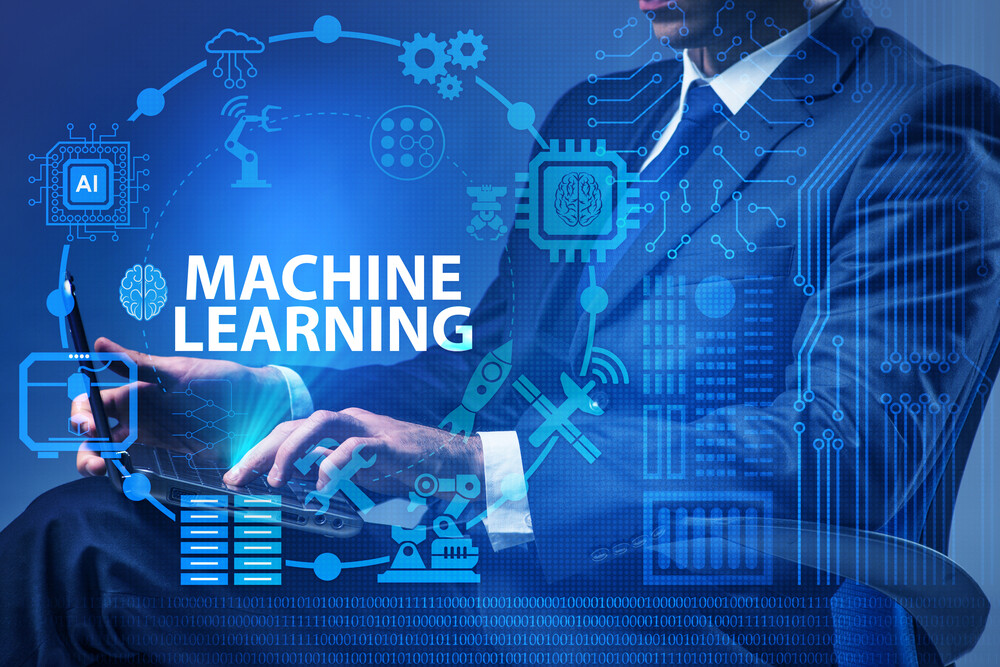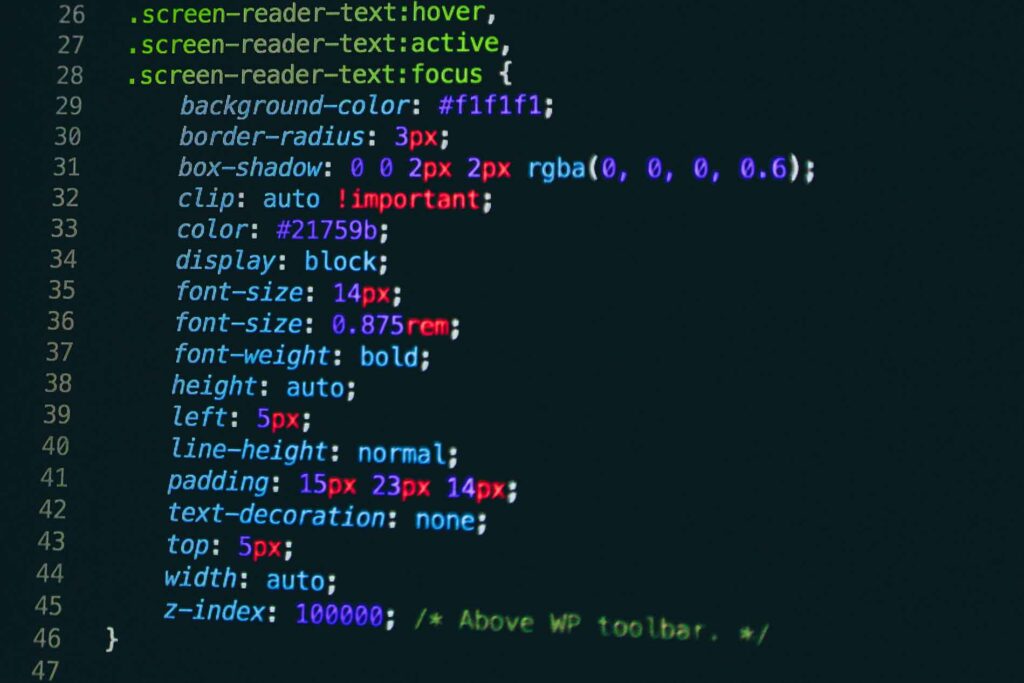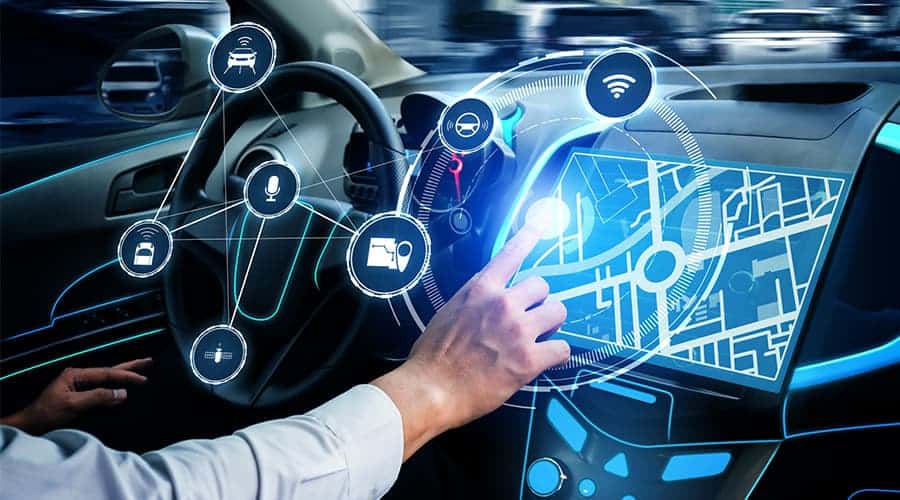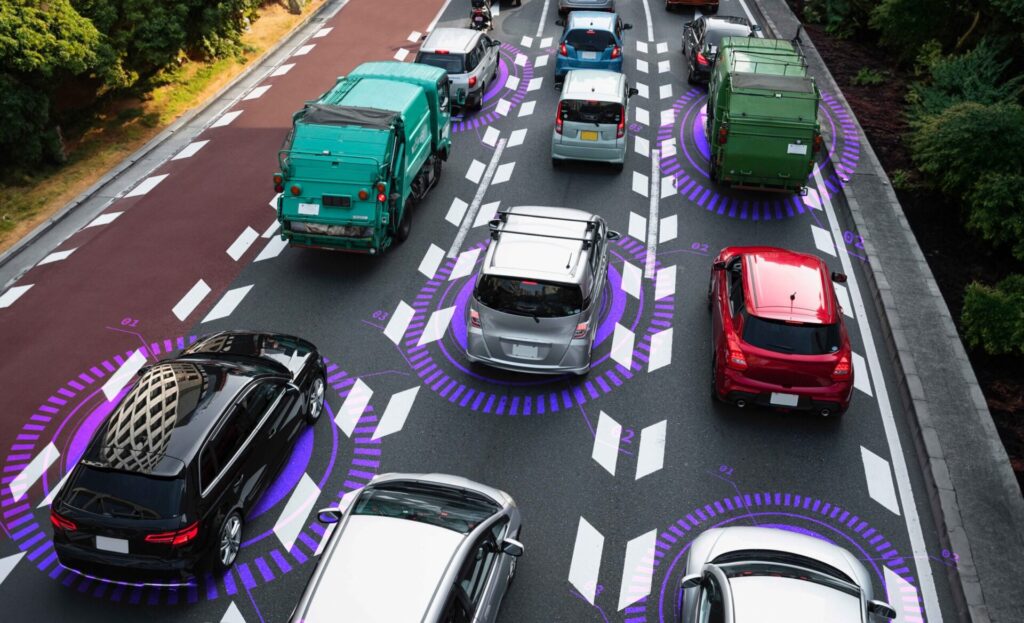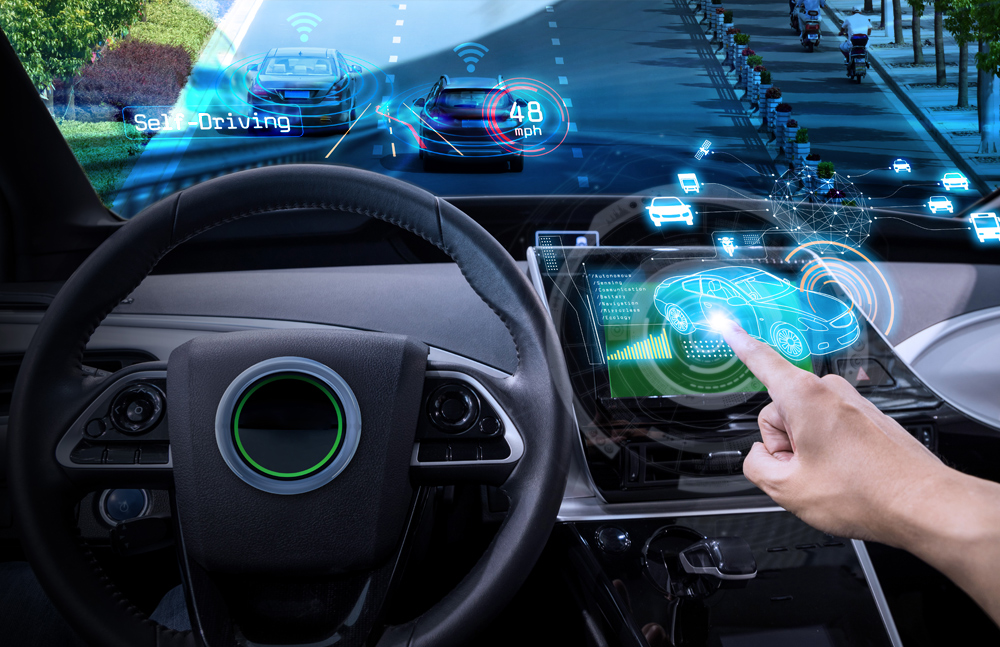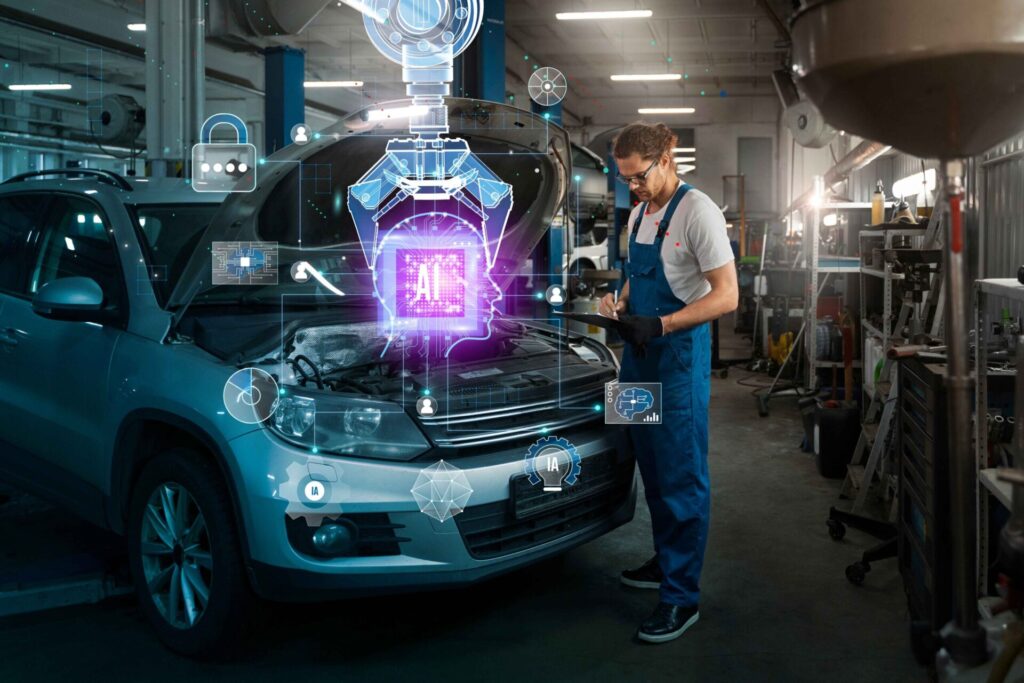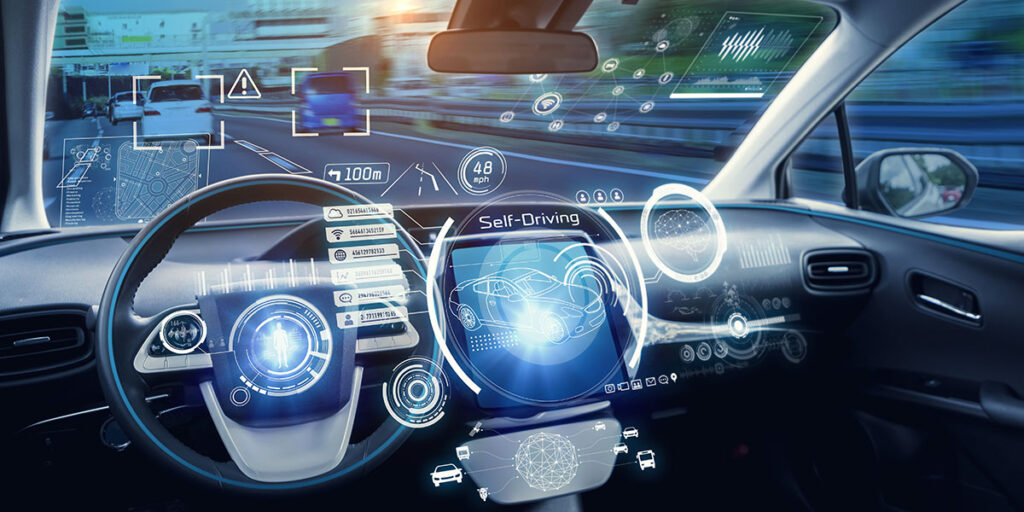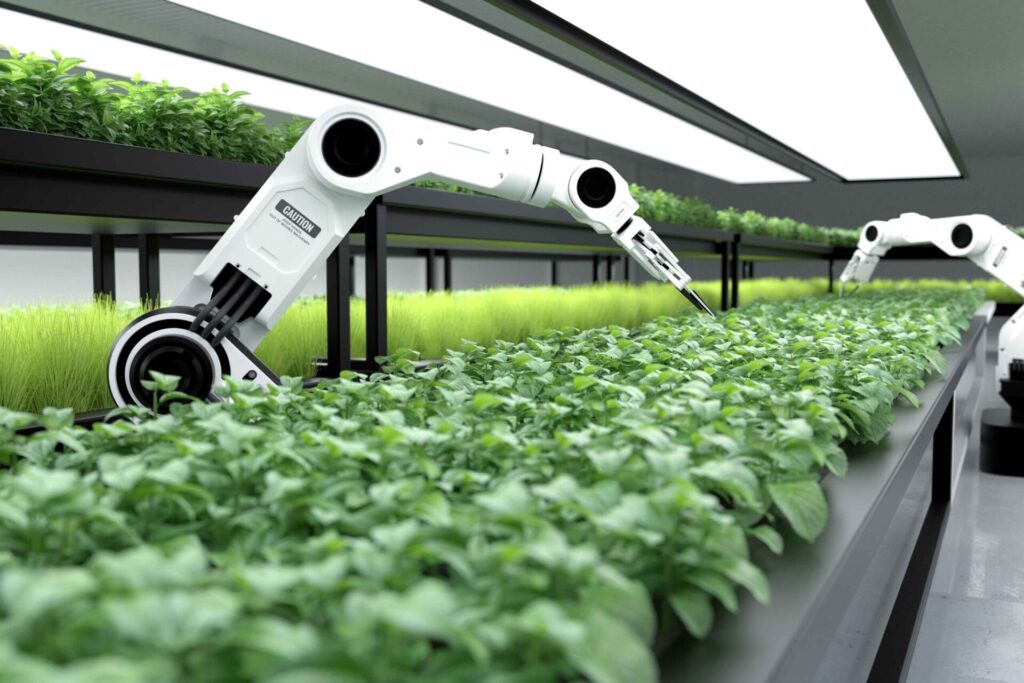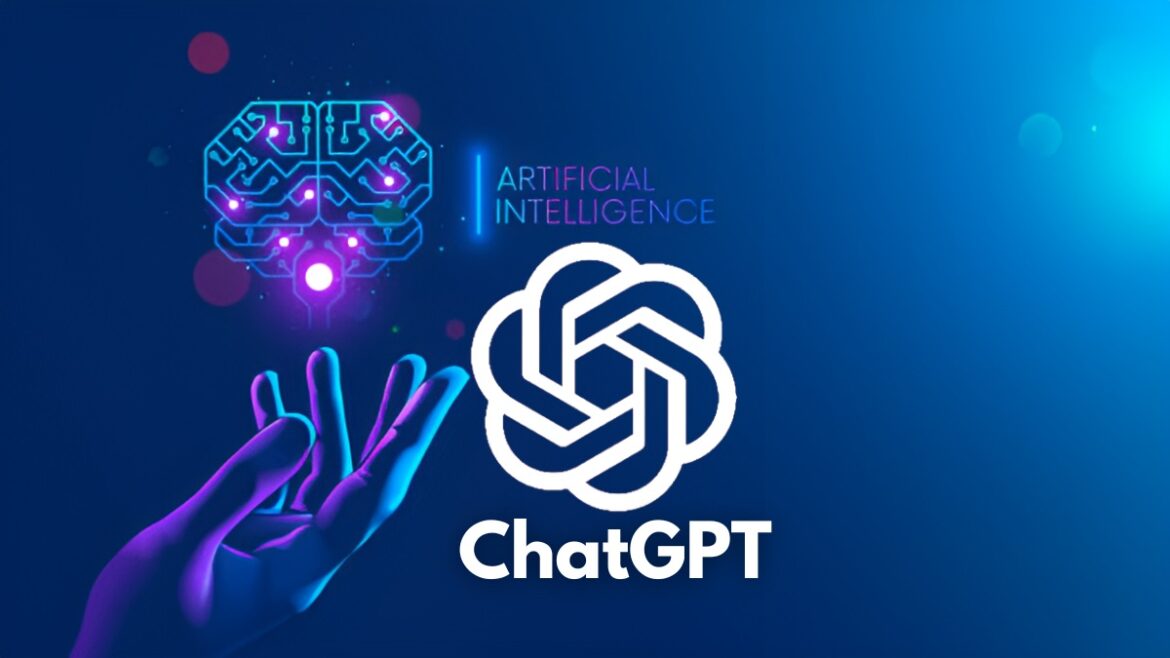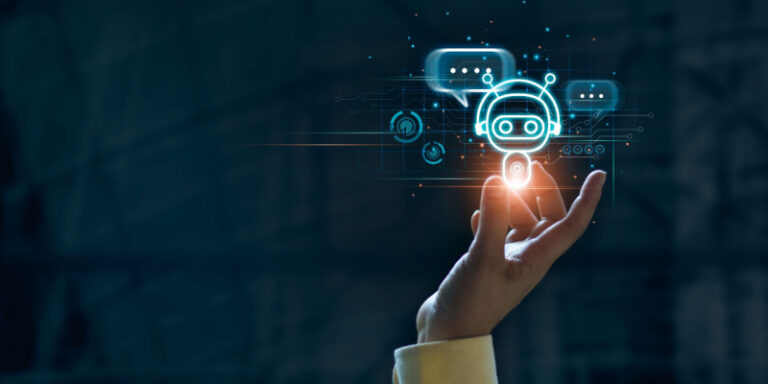Artificial Intelligence (AI) has made remarkable advancements, from self-driving cars to chatbots like ChatGPT. Yet, despite these breakthroughs, machines still lack true intelligence. But why? What separates human cognition from machine processing?
In this blog post, we’ll explore the limitations of machine intelligence, debunk common misconceptions, and examine why AI—no matter how advanced—still falls short of genuine understanding.
Defining Intelligence: Human vs. Machine
Before claiming that machines aren’t intelligent, we must define what intelligence actually means.
Human intelligence involves:
1. Reasoning & problem-solving
2. Emotional understanding
3. Creativity & abstract thinking
4. Common sense & contextual awareness
In contrast, machine intelligence relies on:
1. Pattern recognition (via machine learning)
2. Data processing (without comprehension)
3. Predefined algorithms (lacking true adaptability)
While AI can simulate aspects of intelligence, it doesn’t experience or understand the way humans do.
Key Limitations of Machine Intelligence
A. Lack of Consciousness & Self-Awareness
Machines process data but have no consciousness. They don’t possess self-awareness or subjective experiences—a core aspect of human intelligence.
B. No Emotional or Ethical Understanding
AI can analyze emotions (via sentiment analysis) but doesn’t feel them. Ethical decision-making in machines is rule-based, not driven by genuine moral reasoning.
C. Limited Creativity & Abstract Thinking
While AI can generate art or music, it does so by remixing existing data—not through original thought or inspiration. True creativity requires intent, something machines lack.
D. Absence of Common Sense
AI struggles with basic reasoning that humans take for granted. For example, an AI might generate grammatically correct but nonsensical sentences because it doesn’t truly understand context.
E. Dependency on Data (No True Learning)
Machine learning models improve with data but don’t “learn” like humans. They recognize patterns without grasping underlying concepts.
The Philosophical Debate: Can AI Ever Be Truly Intelligent?
The question of whether machines can achieve real intelligence is a heated debate:
Strong AI Believers : Argue that with enough complexity, machines could develop consciousness.
Weak AI Proponents:
Maintain that AI will always be a tool—advanced but never truly intelligent.
Given current limitations, true artificial general intelligence (AGI)—where machines think like humans—remains speculative.
What AI Can’t Do (And May Never Do)
Despite AI’s impressive feats, it still can’t:
✔ Experience emotions or consciousness
✔ Make ethical judgments without human input
✔ Think creatively beyond data patterns
✔ Apply common sense reasoning
✔ Truly understand context like humans
This reinforces why AI is not intelligent in the human sense—it’s a sophisticated mimic, not a conscious entity.
The Future of AI: Beyond the Hype
While AI continues to evolve, we must separate hype from reality. Current AI excels at:
✅ Automating repetitive tasks
✅ Processing vast datasets quickly
✅ Enhancing human decision-making
But it’s far from achieving human-like intelligence. Understanding these limitations helps us use AI responsibly—without overestimating its capabilities.
